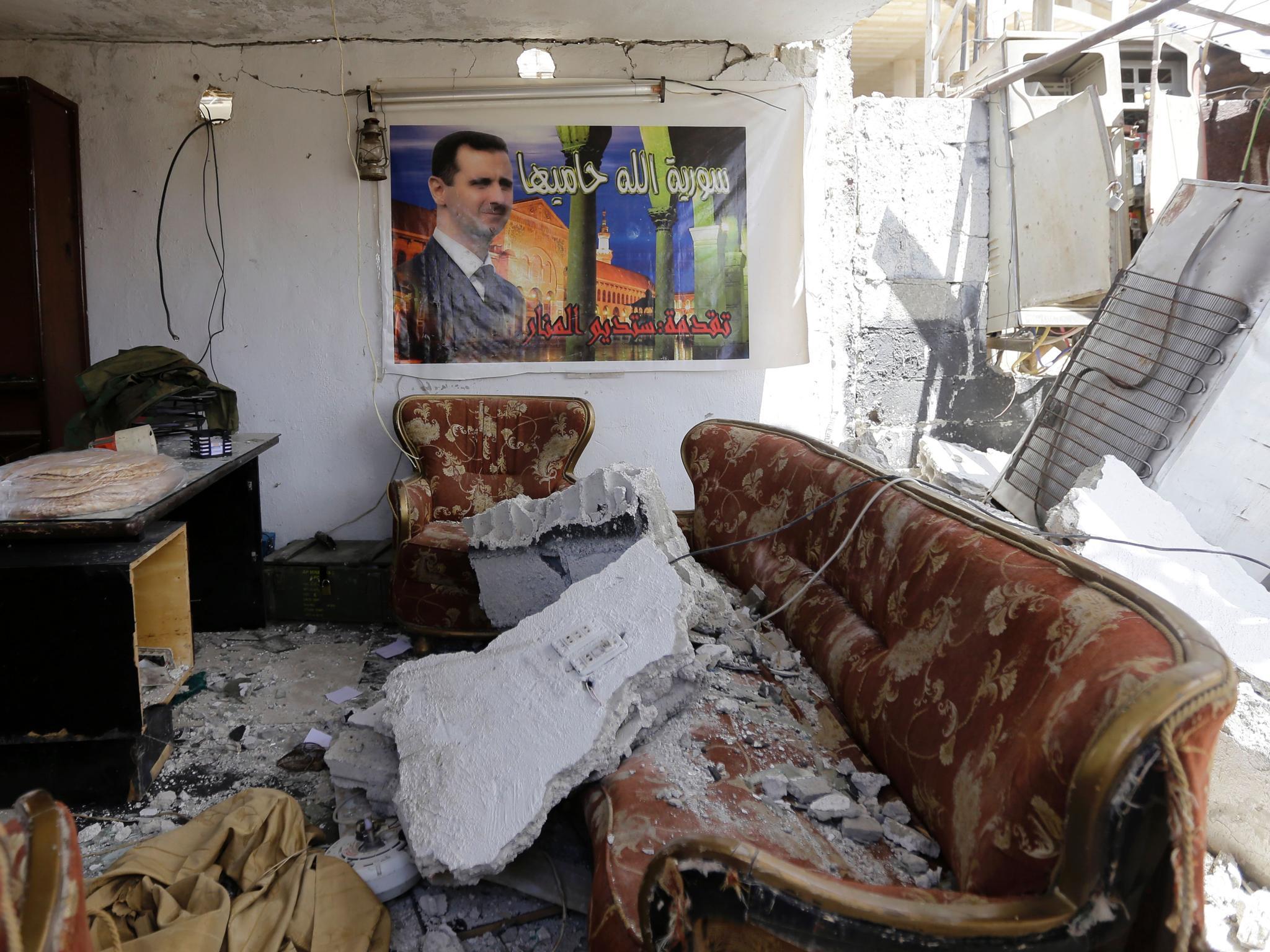Syria air strikes: 51 state department officials urge Barack Obama for tougher action
Syria has not complied with ceasefire arrangements made with Sec of State John Kerry

Fifty-one US State Department officials have issued a letter of dissent criticising the Obama administration’s policy in Syria and called for further military action against President Bashar al-Assad’s regime.
The memo, sent through the department’s “dissent channel”, calls for “a judicious use of stand-off and air weapons, which would undergird and drive a more focused and hard-nosed U.S.-led diplomatic process,” the New York Times reported.
The cable adds that US policy in the region is “overwhelmed” by the violence carried out by Mr Assad’s government, as it has violates partial ceasefire agreements set with Secretary of State John Kerry in Munich last year.
President Obama’s approach to the Syrian conflict amid the state’s five-year civil war has focused on military action against Isis, rather than unseating the Assad regime. It is the hope of the State Department officials who released the dissent cable to use military action as a tool to reboot diplomatic talks.
Mr Obama has shown no indication of straying from his current policy in Syria despite the seeming failure of diplomatic efforts in the region.
“The moral rationale for taking steps to end the deaths and suffering in Syria, after five years of brutal war, is evident and unquestionable,” the cable reads. “The status quo in Syria will continue to present increasingly dire, if not disastrous, humanitarian, diplomatic and terrorism-related challenges.”
State Department officials who signed the memo were cognizant of the fact that further military response could cause complications with Russia, who have had a longstanding military and diplomatic relationship with Syria for decades. They added they were not “advocating for a slippery slope that ends in a military confrontation with Russia”.
In Moscow, Kremlin spokesman Dmitry Peskov said he had only seen media reports about the memo, but said: “Calls for the violent overthrow of authorities in another country are unlikely to be accepted in Moscow. The liquidation of this or some other regime is hardly what is needed to aid the successful continuation of the battle against terrorism. Such a move is capable of plunging the region into complete chaos.”
In the US, it is not unusual to see members of the State Department issue their grievances about the Secretary of State or the presiding administration through the dissent channel, established during the Vietnam War. The channel allows for personnel to protest their disagreements with state policy without the fear of retaliation.
The State Department received a 30-page dissent cable in the 1990s regarding then-President Bill Clinton’s seeming hesitation with intervening in the war in Bosnia and Herzegovina. After dissent letters were issued – as well as a number of resignations within the State Department - Mr Clinton launched his campaign against Serbian forces.
But what sets the most recent dissent cable apart from previous others is the sheer number of officials – 51 rank-and-file members, diplomats, and long-serving officers – who have signed it.
State Department spokesman John Kirby said that the Syria cable was being "reviewed" but that he added he would not comment on its contents.
What remains unclear, however, is what the State officials suggest happens next.
“It’s quite clear that the current military balance favours the [Assad] regime with Russian and Iranian support – and the regime is essentially said to shirk the UN talks,” Daniel Serwer, Middle East scholar and professor of conflict management at the Johns Hopkins School of Advanced International Studies, told The Independent. “So some rebalancing of the military situation is going to be vital in getting the talks restarted. I think they are absolutely correct on that.”
“The question is, ‘What happens after that?’” he added. “How do you go about this? Do you simply bomb and abandon the situation? Do you try to establish a safe area for the opposition to Assad to govern in? What’s the whole plan? It’s not enough to simply say, ‘Let’s bomb them.’”
Still, Mr Obama is likely to remain steadfast in his pursuit of Isis, rather than engage in a conflict with another state. But the officials insist that tougher actions against the Assad regime would likely prove to be effective not just in ending the overwhelming violence in Syria, but in tackling Isis.
Join our commenting forum
Join thought-provoking conversations, follow other Independent readers and see their replies
0Comments